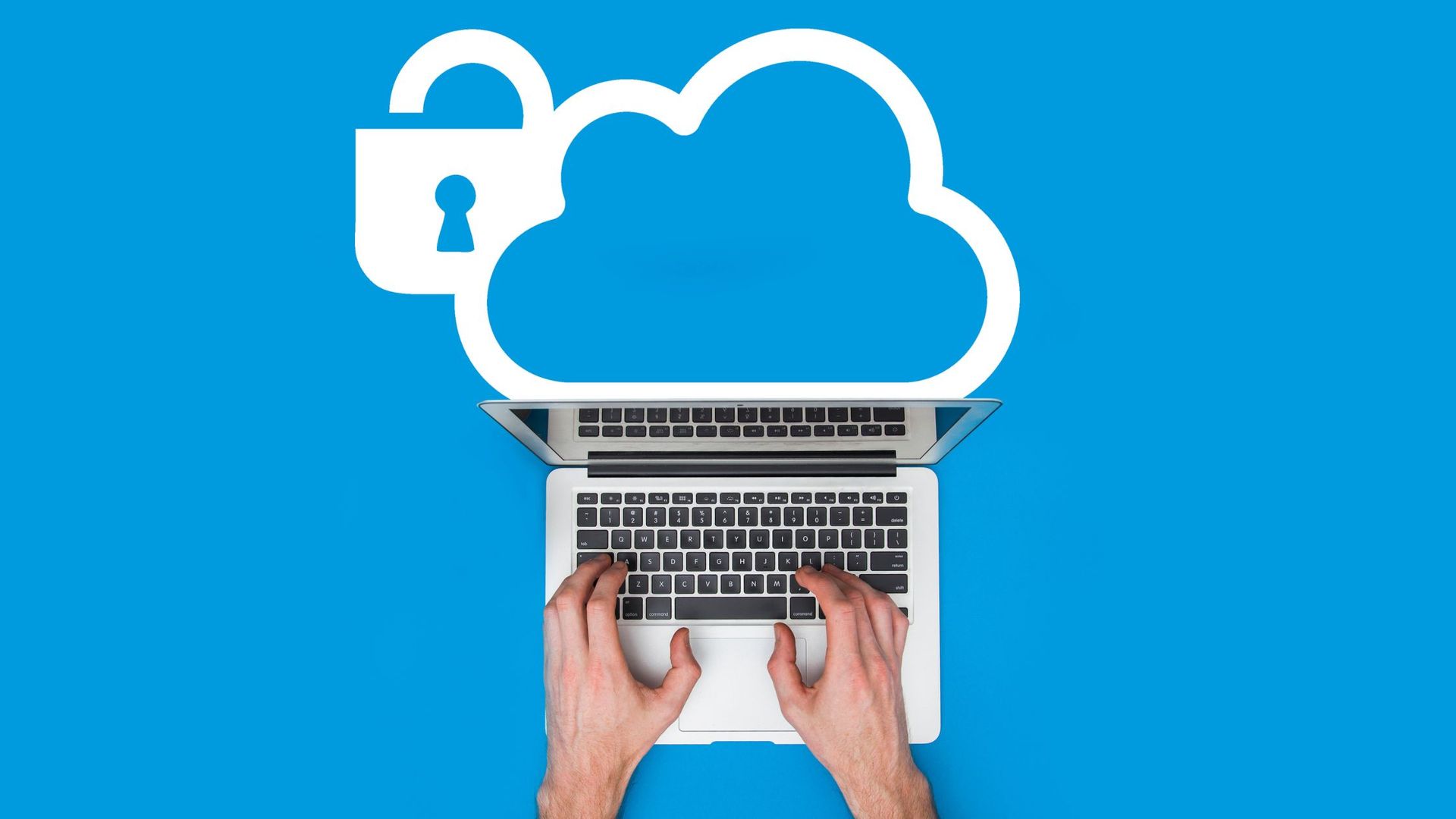Beyond Buzzwords: Unveiling the Pros & Cons - Traditional Phone vs. VoIP Calls
Essex County, you've grasped the basic differences between traditional phone calls and VoIP, the internet-powered communication champion. Now comes the crucial stage of weighing the pros and cons of each option to determine which aligns best with your needs. Let's delve deeper into the factors that matter most in your decision-making process.
Cost Comparison:
- Traditional Calls: Costs can vary based on your plan, but international calls are often expensive. Consider hidden fees and per-minute charges.
- VoIP: Typically cheaper, especially for international calls. Many plans offer unlimited minutes within specific regions or countries. Evaluate data usage charges if using mobile VoIP.
Flexibility & Mobility:
- Traditional Calls: Limited by physical phone lines, restricting communication to specific locations.
- VoIP: Makes and receives calls from anywhere with an internet connection, ideal for remote work, travel, and dispersed teams.
Feature Richness:
- Traditional Calls: Basic features like call waiting and voicemail are standard. Advanced features often require additional charges.
- VoIP: Often includes video conferencing, voicemail transcription, call recording, and more, either as standard features or as affordable add-ons.
Reliability & Quality:
- Traditional Calls: Generally reliable with established infrastructure, but quality can fluctuate depending on network conditions.
- VoIP: Relies on internet availability and stability. Call quality can depend on your internet connection speed and potential network congestion.
Security & Privacy:
- Traditional Calls: Established regulations and protocols ensure basic security.
- VoIP: Choose providers with robust encryption and security measures to protect your data and conversations.
Ease of Use:
- Traditional Calls: Familiar technology, no setup required.
- VoIP: May require some technical setup and user adaptation depending on chosen solution (apps, software phones).
Beyond the Charts:
- Read User Reviews: Gain insights into real-world experiences with specific VoIP providers, focusing on call quality, ease of use, and customer support.
- Seek Industry-Specific Resources: Understand how businesses in your sector leverage VoIP, their challenges, and the solutions they implemented.
- Compare Free Trials & Demos: Experience different VoIP platforms firsthand, test features, and assess integration with your existing tools
Essex County, at this stage the aim is to empower you to make an informed decision. Don't hesitate to ask questions, compare offerings, and weigh the importance of specific factors based on your needs and priorities. By understanding the nuances of traditional phone calls and VoIP, you'll be well-equipped to choose the communication solution that empowers your personal or professional connections, offering cost-effectiveness, flexibility, and the features you value most.

Bonus Tip: Look for providers offering transparent pricing structures and detailed explanations of data usage costs associated with VoIP calls. Understanding these factors will help you budget effectively and avoid potential surprises down the line.



